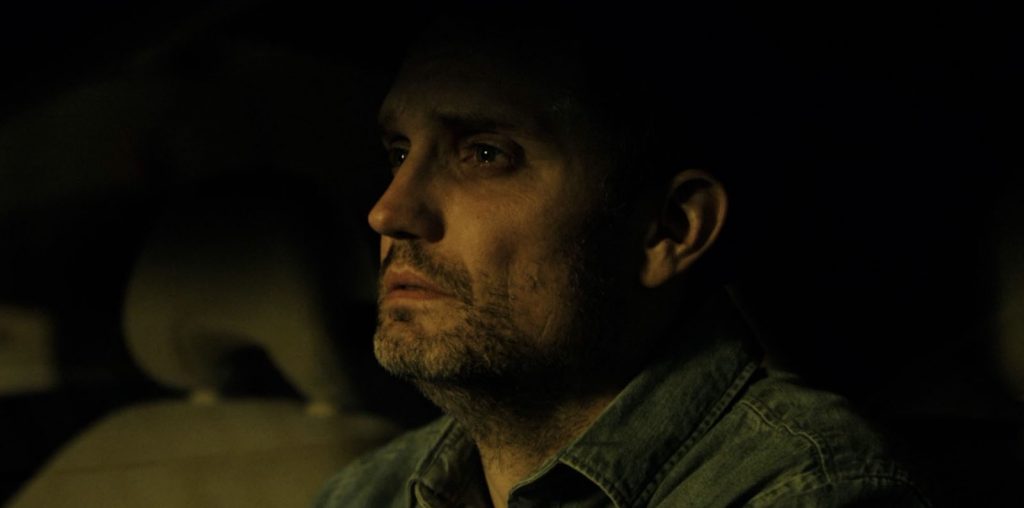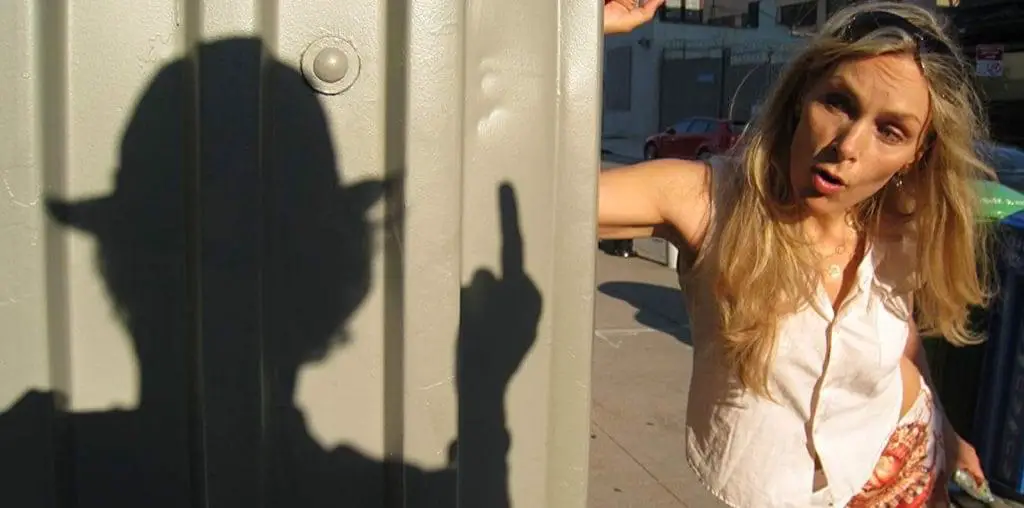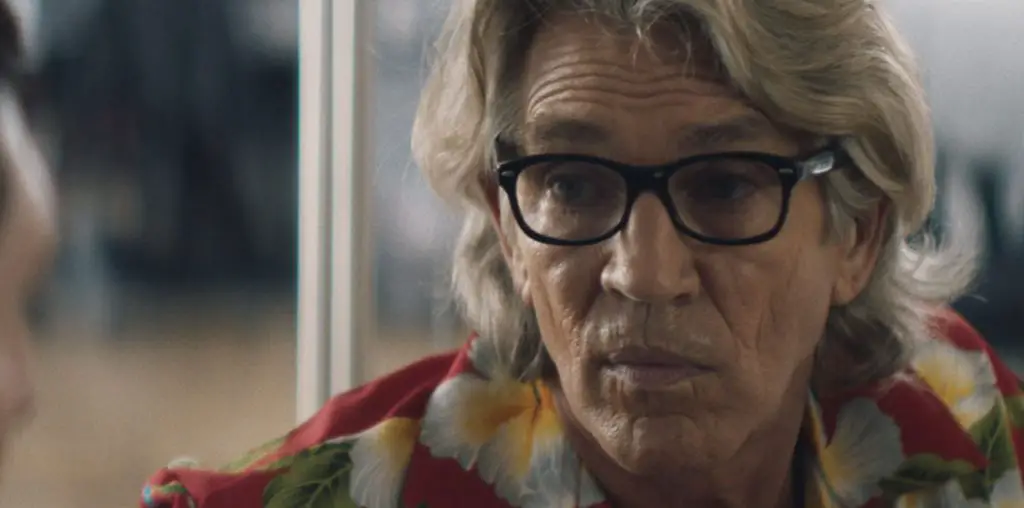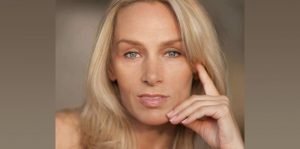
Without the blessing of my dad—who was very much against it, I got 500 bucks from my grandfather. My mother, she did support me, but not financially. So I said, “Okay, I’m just going to go there and make it.” So I caught a plane.
I was a teenager at the time, and I had not even gotten the results back from my high school graduation exams. I auditioned for the National Shakespeare Conservatory and took a summer course. And then I did the whole National Shakespeare Conservatory training as an actor. At the same time, I was on scholarship at Alvin Ailey and Steps on Broadway. I wanted to learn how to act and dance.
They also had a directing program at the National Shakespeare Conservatory. We had to write a one-person show and perform it off, off-Broadway. I was the only foreigner, and I was made fun of with my accent. There was such a stigma with my accent. I was so naive, I didn’t know how Hollywood works. It was a difficult journey for me to find my way through because I didn’t have guidance. They mostly trained us in the art of how you become a good actor, how to direct well. What they didn’t teach was the marketing and the business side of things.
I had to scrape and scrap to survive. Having no money, I lived with six people in a one-bedroom, and they had boyfriends over. People got drunk. Finding a quiet place was a struggle. I had to learn Shakespeare on the toilet. And so, it was quite a struggle. I had little odd jobs here and there. I didn’t have a green card yet till I got discovered. I was dancing in nine national commercials, and that enabled me to stay and study some more and then eventually get my green card.
I think as much as we talk about the inequities of Hollywood, there’s something to be said about the struggle to get into the business. Not that you want to invite trials and tribulations, but there is something valuable to learn in the struggle.
Exactly. And some of the struggles had to do with ageism. I was 30 at the time I was auditioning. I was told, “Oh, once you’re 30, you’re over the hill.” I got that from a well-known director. There were also a lot of come-ons from the industry types, people who just want to have sex for a part. I’m so glad I kept my integrity.
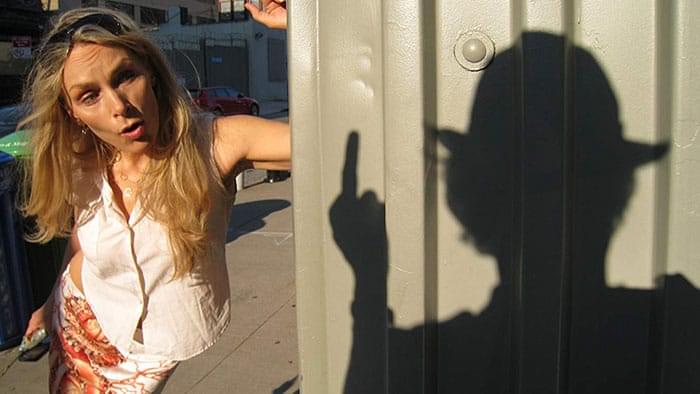
“…I did my first film, which cost only six dollars because…”
In the midst of it all, I always kept writing, took acting classes, or would do voiceovers, or would do some smaller acting parts in a TV show here or there, or a film. So I always kept the acting. So I have to find my focus.
And then finally in 2001, I did my first film, which cost only six dollars because I edited it on camera. It was crazy taking place on an island. It was a very dark, ironic relationship comedy. It featured a couple fighting and being so upset at each other for trifles. And then one of them dies in the process. You know how fast life can be over. So after that, I felt so inspired. I said, “I got to do my own stories.”
You painted a picture of struggling. What was it that got you over the hump to make that first film?
The feature film was Mango Tango. I worked very hard. I invested some of my own money, and then people were so excited to be part of it. Two-time Emmy award-winner, Michael E. Knight, really supported me and also financially. He was in the film and played a crazy shaman. It was absolutely magical how a team formed. Also, add John Gallagher as the executive producer.
Liberty Studios then gave me a space where I could edit with Martin Biehn. It all came together. I filmed in New York and Germany. So I think if you follow your dream and you know a little bit what you’re doing. I mean, I studied hard, all facets, even about the camera, what are good angles, how to film and have a visual eye. It comes together.
A good team is vitally important. Regarding money, I had to have the vision to find it. Every time it somehow manifested every time I wanted to make a film. With Prince Harming and my current film, I jumped basically off the cliff, and people come forward and give you money. Don’t misunderstand. It’s not that easy.
